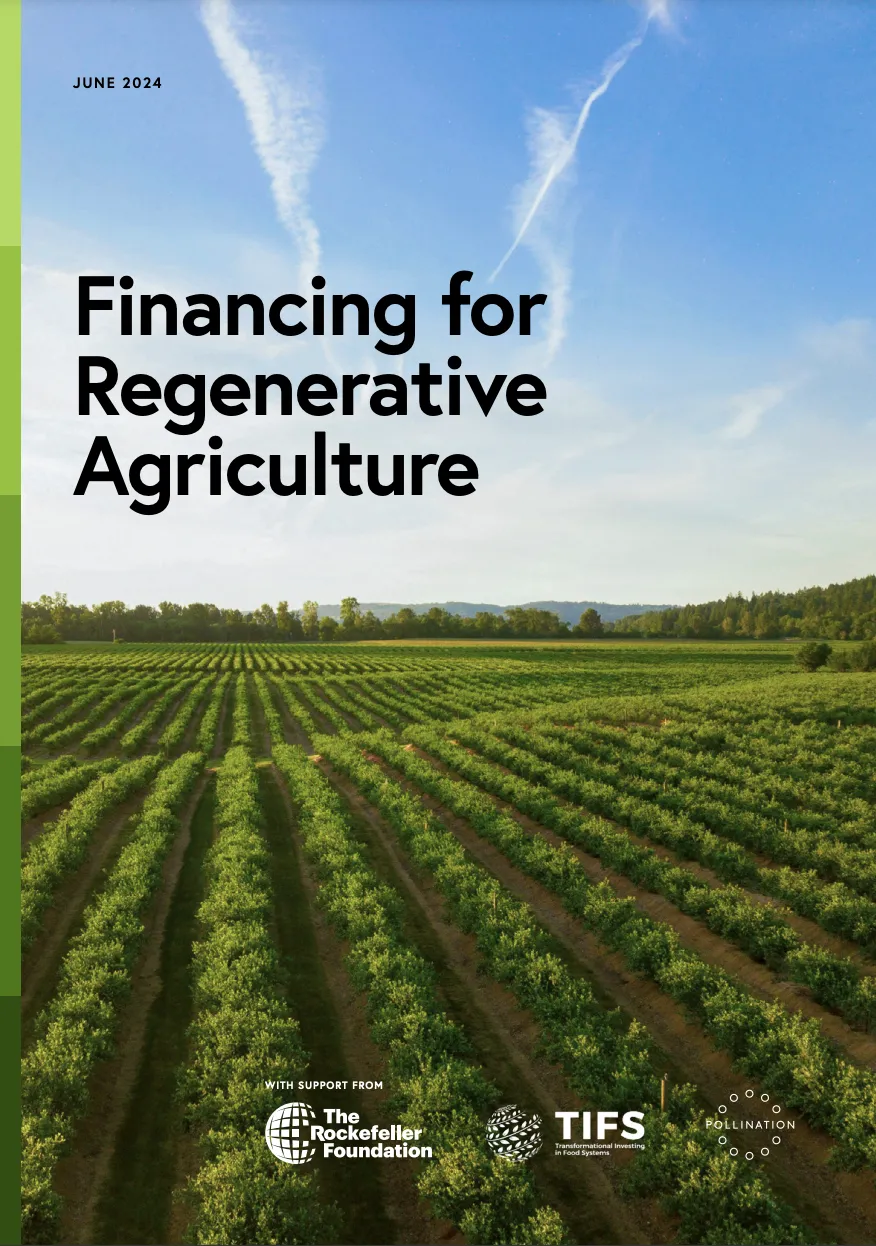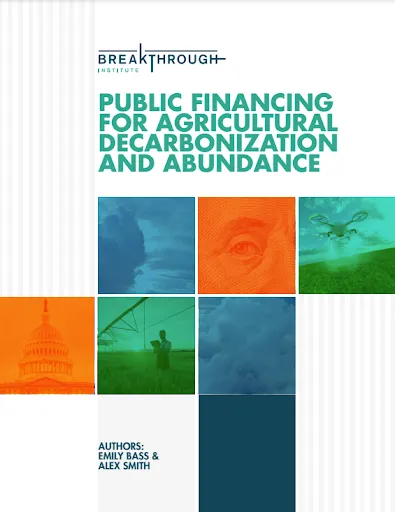The Nexus2020 project has published a report in which academics and business leaders worked together to identify the most important questions around sustainability for businesses. It specifically focuses on so-called ‘nexus’ issues: the interconnections between food, water, energy and the natural environment.

The top 40 questions that were determined by senior business practitioners and researchers were categorised by the following themes:
a) Incentives for change
b) Collaboration and stakeholder engagement
c) Investing in sustainability
d) Supply chains taking a landscape approach
e) Making better policy
To arrive at these questions, a group of business representatives and researchers came together at a two-day workshop to define 40 critical research priorities. They distilled these from a set of questions from over 250 stakeholders in the UK, including representatives from a range of companies such as Asda, EDF Energy, HSBC and Nestlé and academics from institutions including Cambridge, Leeds and Exeter universities.
A small selection out of the 40 questions:
14) What are the links and subsequent strategic opportunities between public health costs and managing food, energy and water systems more sustainably?
22) What market-based and other financial instruments (including trading systems) will be required to sustain investments in projects designed to achieve sustainable food chains in a volatile world?
31) What are the perceptions of the roles of public, private and civil society responsibility in terms of managing natural resources more sustainably, and how can these perceptions be managed or changed to scale up positive action?
Reference
University of Cambridge Institute for Sustainability Leadership (CISL). (2016). Nexus2020: The most important research questions for business sustainability. Cambridge, UK: Cambridge Institute for Sustainability Leadership.
More information, as well as the report itself, is accessible from the Cambridge Institute for Sustainability Leadership here.




Comments (0)